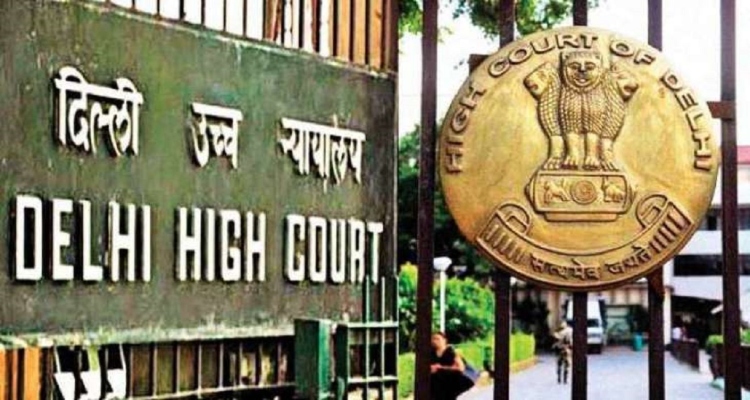
The Delhi High Court on Monday has informed the Delhi Waqf Board that it could approach the court if the Centre takes any action against its properties related to the Central Vista Redevelopment Project.
Justice Purushaindra Kumar Kaurav noted that the project has already received approval from the Supreme Court and advised the board to withdraw its 2021 petition, which sought protection for 6 of its properties in the redevelopment area.
The senior counsel for the Waqf Board clarified that they were not opposing the Central Vista project itself but were seeking assurances against being dispossessed of their properties. “Withdraw this petition. We don’t want to complicate things. You can come back if any action is taken,” the judge stated.
The court permitted the board to withdraw the petition but allowed them to file a new one if necessary.
In 2021, the board petitioned the high court to preserve 6 properties: Masjid Zabta Ganj on Mansingh Road, Jama Masjid on Red Cross Road, Masjid Sunehri Bagh Road near Udyog Bhawan, Mazar Sunehri Bagh Road behind Motilal Nehru Marg, Masjid Krishi Bhawan inside the Krishi Bhawan compound, and Masjid Vice President at the Vice President of India’s official residence.
In December 2021, Solicitor General Tushar Mehta assured the court that no action was being taken against the Waqf Board properties and that the redevelopment project had not yet reached these sites. The high court, trusting the solicitor general’s statement, had postponed the hearing and declined to take the statement on record.
However, in December of the previous year, the Waqf counsel reported that the mazar near the Sunehri Bagh mosque had been demolished. The Centre’s counsel responded that the demolition was carried out by the New Delhi Municipal Council and not related to the redevelopment project.
The Delhi Waqf Board’s petition highlighted that the six properties are over 100 years old and used continuously for religious purposes. They emphasized that these properties existed before nearby government buildings were constructed and have historically been preserved without interference.
The board’s petition, represented by lawyer Wajeeh Shafiq, argues that the redevelopment should not disrupt these historically significant properties.




